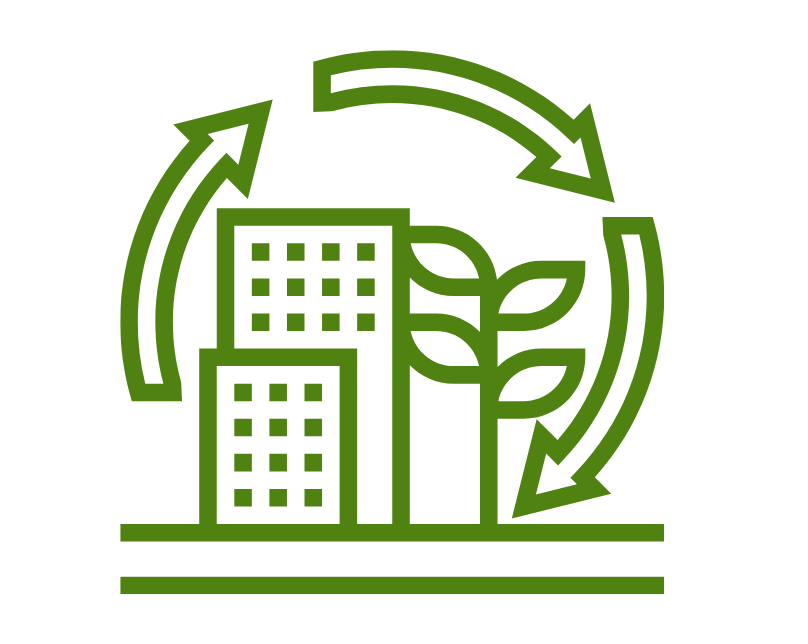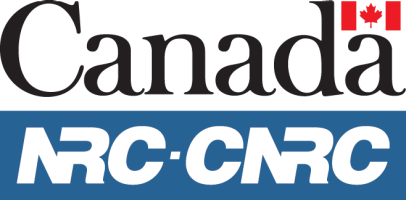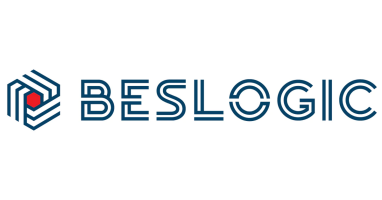Concordia Living Lab of Loyola Campus: Decarbonisation and operational optimisation of a community energy system
Project overview
This project aims to accelerate the shift to decarbonized, resilient communities by establishing a pioneering research lab on Concordia’s Loyola campus. Focusing on the infrastructure evolution and development required to meet the energy transition, the project will provide simulation models, system requirements and preliminary research on finance and local regulations.
Our researchers will seek solutions to help the electrification transition within the constraints of existing distribution networks in collaboration with utilities providers. The methodology used for data acquisition and analysis, together with the technical, cost modeling and feasibility study — including a performance assessment of the campus energy systems — will help decision makers execute the transition to a more sustainable community energy system.
This phase marks the exciting beginning of our research journey. Our aim is to ramp up to persistently pursue our goals, evolving with each subsequent research opportunity to help propel this important societal transition.
Key project details
| Principal investigator | Radu Zmeureanu, professor, Building Engineering, Concordia University |
| Co-principal investigators | Ursula Eicker, Canada Excellence Research Chair in Smart, Sustainable and Resilient Communities and Cities and director of the Next-Generation Cities Institute, Concordia University; Mohamed Ouf, assistant professor, Building Engineering; Denis Schweizer, professor, Finance, Concordia University; Luo He, associate professor, Accounting, Concordia University; Ahmad Hammami, associate professor, Accounting, Concordia University |
| Research collaborators | Fuzhan Nasiri, Concordia University; Darwish Darwazeh; Roland Charneux |
| Non-academic collaborators | The Utilities; Pageau Morel; National Resources of Canada; Dunsky; Beslogic |
| Research Keywords | Living lab, community energy systems, district heating and cooling, community buildings, low Greenhouse Gas emissions, centralized and decentralized energy sources, renewable energy resources, heat recovery, transactional energy, financial models, demand response, grid integration, grid peak management, smart grid, energy management system, building management system, demand response, building to grid, e-mobility |
| Budget | Cash: $200,000 In-Kind: $210,000 |
Publications:
R. Zmeureanu, H. Dou, H. Ge, L. Wang, and Z. Xie, “Thermal time constant estimation of unoccupied school buildings from field measurements over summer,” Journal of Building Engineering, vol. 104, p. 112311, Jun. 2025, doi: 10.1016/j.jobe.2025.112311.
S. Rayegan et al., “Modeling building energy self-sufficiency of using rooftop photovoltaics on an urban scale,” Energy and Buildings, vol. 324, p. 114863, Dec. 2024, doi: 10.1016/j.enbuild.2024.114863.
H. Dou and R. Zmeureanu, “Transfer Learning for the Prediction of Energy Performance of Water-Cooled Electric Chillers: Grey-Box Models Versus Deep Neural Network (DNN) Models,” Energies, vol. 17, no. 23, p. 5981, Nov. 2024, doi: 10.3390/en17235981.
F. Grossi, H. Ge, R. Zmeureanu, and F. Baba, “Assessing the effectiveness of building retrofits in reducing GHG emissions: A Canadian school case study,” Journal of Building Engineering, vol. 91, p. 109622, Aug. 2024, doi: 10.1016/j.jobe.2024.109622.
S. Rayegan et al., “Achieving carbon neutrality at single and multi-building complex levels – A review,” Energy and Buildings, vol. 314, p. 114263, Jul. 2024, doi: 10.1016/j.enbuild.2024.114263.
Accepted publications in national and international conferences:
R. Zmeureanu, “Changes of energy performance of energy systems of a university campus due to COVID-19,” presented at the COBEEE 2025, Apr. 2025.
R. Zmeureanu, “Grey-box models supported by transfer learning for improving the prediction of ongoing commissioning of water-cooled electric chillers.,” presented at the eSIM 2024 Conference, Jun. 2024.
Reports:
R. Zmeureanu, “Machine learning techniques for developing virtual sensors of water flow rates in building cooling systems,” Mitacs Accelerate.
Research focus

Innovation in energy systems
Using innovative digital energy modeling and AI, this project aims to help integrate new or proven technologies for smart buildings, smart grids, energy storage, e-mobility, energy production and energy management together.

Collaboration across sectors
A significant goal is the fostering of a dynamic collaboration between the academic, public, and private sectors. This multi-stakeholder approach is crucial for the successful deployment of smart, secure, and sustainable energy solutions.

Research and development for smart infrastructure
This project aims to use AI to process data allowing for the real-time assessment, integration and modularization of energy technologies. This includes creating databases and developing virtual simulation models.

Assessment of technical and economic viability
This involves preliminary assessments of the technical and economic viability of various design solutions, including decentralized energy systems and the effective and efficient production, storage and management of energy and its impact on utilities providers.
Non-academic partners
Thank you to our non-academic partners for your support and trust.




Volt-Age is funded by a $123-million grant from the Canada First Research Excellence Fund.


